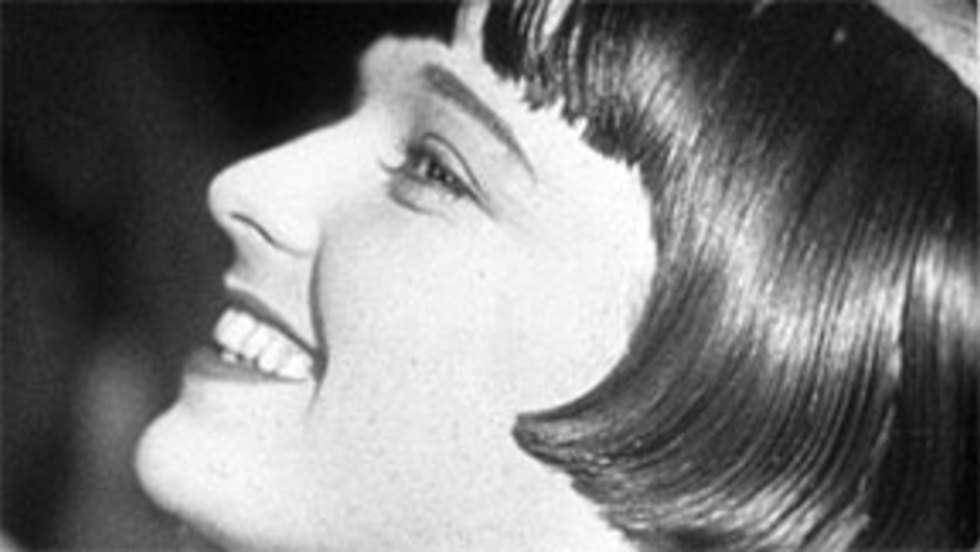
Unknown Premiere
Prix de Beauté
| France | 137 MINUTES | SilentThe silent version of Prix de Beauté (U.S. title: Miss Europe) is a rare treat, born out of the efforts of a number of great international talents. In her final European film and leading role, American starlet Louise Brooks plays modern workingwoman Lucienne, who wins a contest to represent France in a world beauty pageant. Before breaking the news to her jealous boyfriend André, Lucienne is whisked off to San Sebastian, where she secures the title of Miss Europe and attracts many influential suitors in the process. André eventually lures Lucienne back to Paris and away from the temptations of fame. However, when Lucienne is offered the chance to star in a sound picture, she eventually leaves André, and the consequences of her decision are dramatic. The script was based on a rough sketch by prominent French writer-director René Clair, Prix de Beauté was further developed by G.W. Pabst, who had directed Brooks in Pandora's Box (1928)-still one of the most erotic films ever made-and Diary of a Lost Girl (1929). The story and characters are treated with great sensitivity, and Augusto Genina's detailed direction creates a sophisticated visual dialogue. The film was originally intended to be shown in its silent version, but it was later dubbed and re-edited into a makeshift "talkie" in order to satisfy the demands of a changing market, and it is the latter version that is more commonly accessible today. While the shorter sound version (88 min.) holds its own, the silent original is by far the more accomplished of the two, and it truly highlights Brooks' luminous performance as the introspective Lucienne. Brooks' beguiling gestures-whether the coy raising of an eyebrow, a pained smile, or a disbelieving sideways glance-never cease to impress. Both films are accompanied by the live music of Donald Sosin and Joanna Seaton who are among the foremost silent film musicians in the world today. They have created music and lyrics for Foolish Wives, Richard III, and Steamboat Bill, Jr.. Their scores have been heard at the Kennedy Center, the Brooklyn Academy of Music, the American Museum of the Moving Image, the Guggenheim Museum, and at silent film festivals in Bologna and Pordenone, Italy.